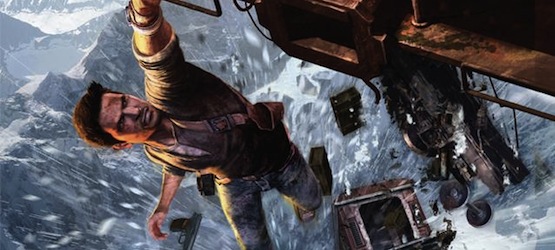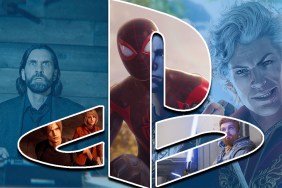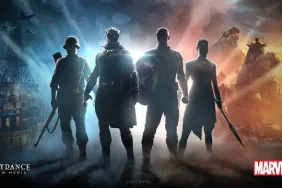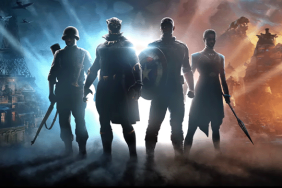Former script writer at Naughty Dog, Amy Hennig, and former Ubisoft executive, Jade Raymond, have revealed in an extensive interview with GamesBeat their philosophies behind storytelling and the challenges involved in making games with strong narratives. With titles like Uncharted and Assassin’s Creed under their belts, the duo have now teamed up to work on Star Wars games for EA, but there’s apparently no lack of creative freedom when working on a universe as expansive as Star Wars‘ despite the games seeking inspiration from movies and books.
Talking about the differences between Uncharted 1 and 2, Hennig said that Naughty Dog was “firing on all cylinders” in the second game, including story and characters.
If you’re going to do it, do it as well as you can. That means taking the right amount of care and investment and approaching it in the right way. Maybe not all game developers do. Maybe story and character are afterthoughts sometimes. It takes a lot of nurturing.
Raymond chipped in, saying that the main difference between Assassin’s Creed 1 and 2 was the narrative. She revealed that the head office specifically directed the development team to drop cinematics and scripted events from the first game. “And then the difference between the first one, which was an 82, and the second one, a 90, was that we added more narrative. Everyone liked it. It was a better, more polished experience,” she said.
At one point, Hennig and Raymond talked about Until Dawn, acknowledging that it must have been a difficult task for a relatively smaller developer like Supermassive Games to come up with a game that heavily relies on story and dialogue. Hennig said that she “can’t imagine what the document must have looked like” but that she’s enjoying the game.
Speaking of her role at EA on Star Wars, Hennig said that she was hired to “tell more stories.”
My role, my mission that I was given when I joined, was to say, “How do we tell more stories?” I’ve been working closely with Lucasfilm since I joined, as has my team – with their story group, with their tech group, with Doug Chiang, their creative director. We’re trying to build more. They want people to be telling new stories. Not in the sense of, “How is this Star Wars?” It’s all connected. It’s like the Force. It binds everything together. That sense of destiny and inevitability and fate is really important to Star Wars stories.
Elsewhere in the interview, Raymond also touched upon the balance between games that “strive for 100 percent player agency,” and games that resort to a lot of quick-time events, neither of which she believes can make a “perfect interactive game.”
Some games are striving for 100 percent player agency, and you end up getting lost or missing the story entirely or off on random quests to fetch things. On the opposite end of the spectrum, you feel like you have no agency. You’re just doing quick time events, pressing buttons. Neither of those is the answer. But I think there’s a sweet spot, and that’s what excites me personally. We have to find out what the perfect interactive game can be.
The full interview is quite lengthy, so if you’re interested in reading it, make sure to follow the source link below.
What do our readers think makes a perfect interactive game?
[Source: VentureBeat]








